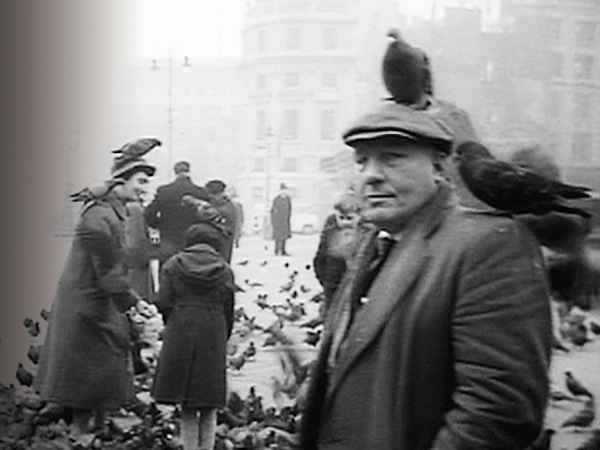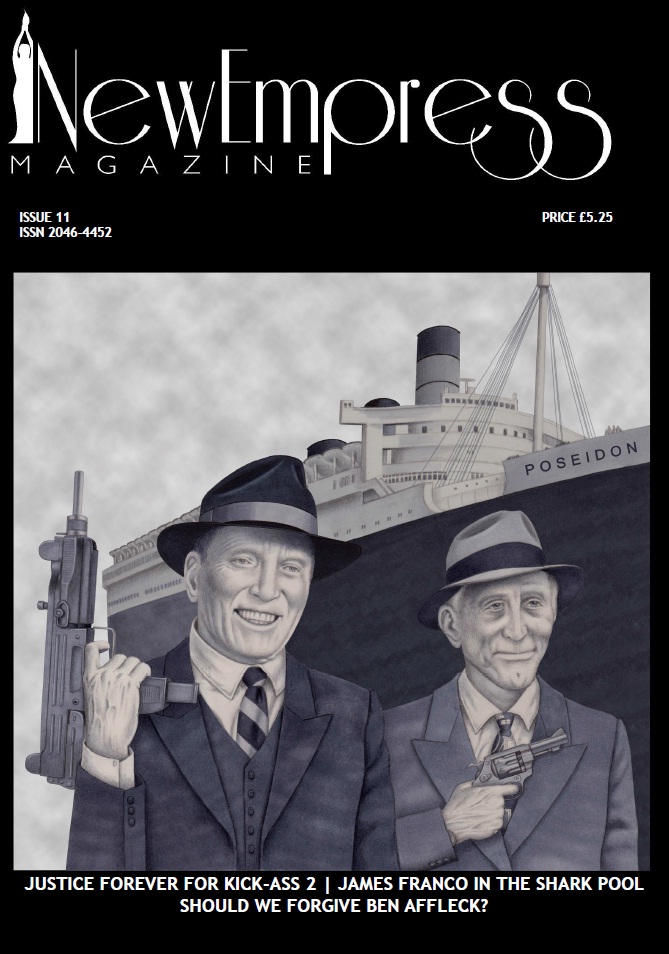
London: The Modern Babylon is a love letter to the tumultuous and colourful city; a love letter in which the writer reassures the recipient that, although they are aware that their love may fart and pick their nose occasionally, they still love them more than life itself.
The documentary features a dizzying array of footage covering the turn of the 20 th century onwards, grainy flickering black/brown and white film contrasted with the clarity and colour of more recent filmmaking, depicting everything from kids on the beach by Tower Bridge to the thick pea-souper fog, from the marriage of Charles and Diana to the Brixton riots (1981). The footage is punctuated by many different Londoners giving their impression of events over the years; among these were Tony Benn, who grew up on Millbank and Hetty Bower, born in 1905 Hackney to Orthodox Jews. She is the first of many in the documentary from ‘foreign’ stock to claim the identity of Londoner, as do those from nearby Ireland, the Caribbean, Africa and Asia.
Immigration seems to be the primary focus of the documentary; not only the immigration of the empire’s residents into London, but the movement of newly affluent people from their usual London heartlands to the former river heartland of the working class; the gentrification of inner London areas. Property developers are thoroughly castigated for their role in changing London in a negative way.
The documentary ultimately shows London to be a place of acceptance and change. Musician Suggs discusses this very succinctly, reflecting on the widely-held suspicion that greeted the arrival of Bangladeshi families in Camden in the 70s but, to paraphrase, that is how things have always been in London; there are new arrivals, people are suspicious and reluctant for a while and then everyone carries on like before.
The many different uprisings, including last year’s riots, are portrayed in an extremely measured way; no blame is placed or judgement passed and those who had sought to be agitators over the years, such as the determined Oswald Mosley, are reduced to almost insignificance in the grand scheme of things. The score is inspired, expertly enhancing and at times providing narration for the footage onscreen.
London: The Modern Babylon is an affectionate and clever but never rose-tinted portrayal of an always changing city. This Londoner gives it a well-deserved seal of approval.
Once the velvety red curtains had swished closed on his creation at The Gate Cinema (Notting Hill Gate, where else), director Julien Temple spoke of the kind of film he wanted to make and his ambitions for the documentary.
“It’s definitely a hard subject because there’s just so many ways of making a film about London, you tend to start off thinking you’ll try and get everything in…i had great bits about gay London which are no longer in there…I couldn’t have everything I wanted in the film, you’ve got to go with the instinct of what connected you to the city.”
He also said he hoped that the documentary would be shown in schools and community centres;
“I think the reason to make a film like this is that understanding the past is only really only useful if it’s a kind of weapon to reclaiming the future, in a way. I really made the film a lot for kids because people say ‘oh well this archive’s been seen’ but a lot of kids have never seen this archive, you know, and they don’t have a very living connection with the past of the city that they live in and the more they understand about that the more they’ll be able to shape the city in a human way… I also made it for a lot of the Londoners that come from everywhere else who I think often feel excluded in a top-down history of the city and one of the important things to say [about the film] is that London has always been a city of immigrants..”
Maryann has awarded London: The Modern Babylon five Torches of Truth.



















{ 1 comment… read it below or add one }
I think it’s on telly this week.